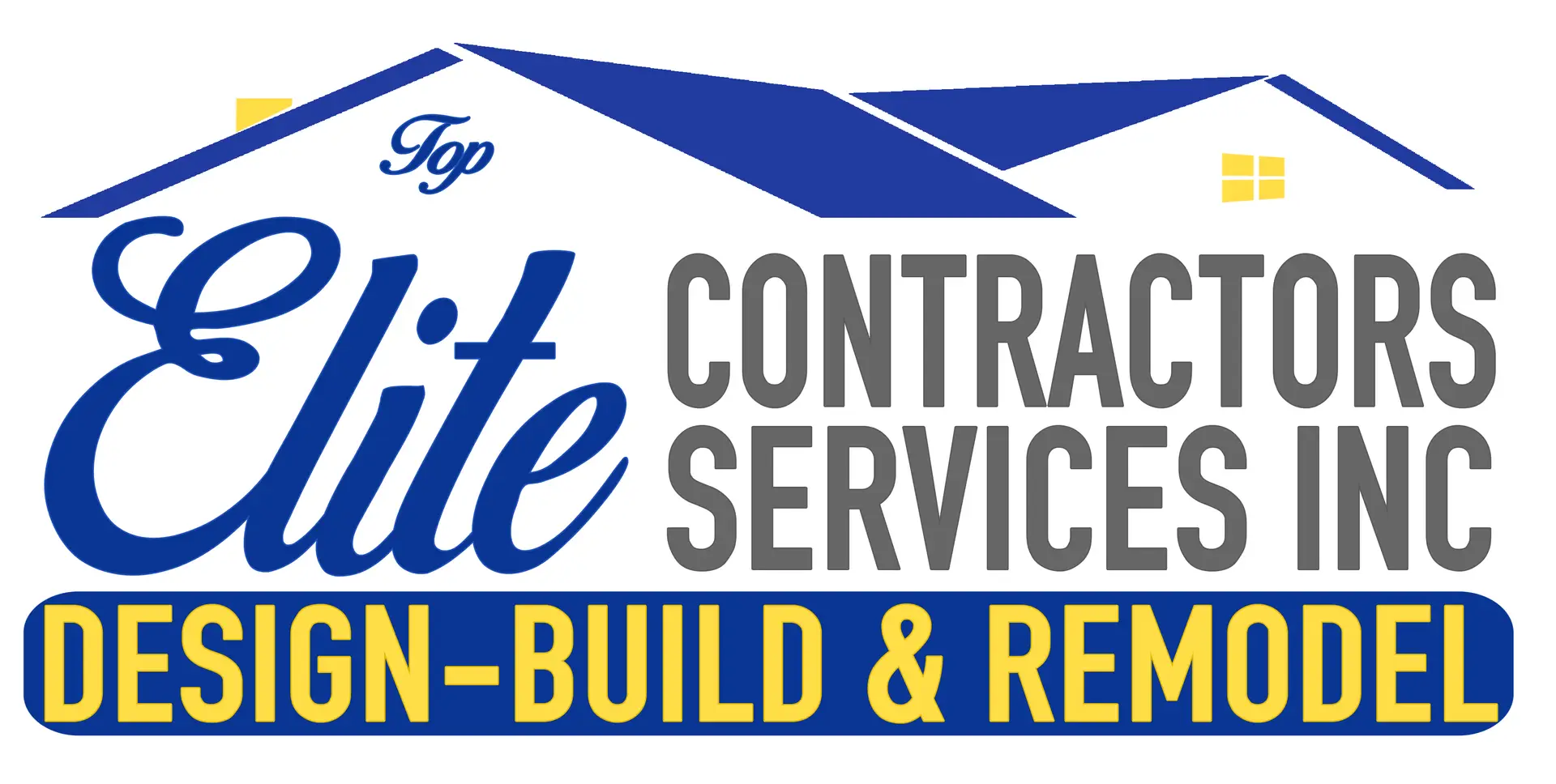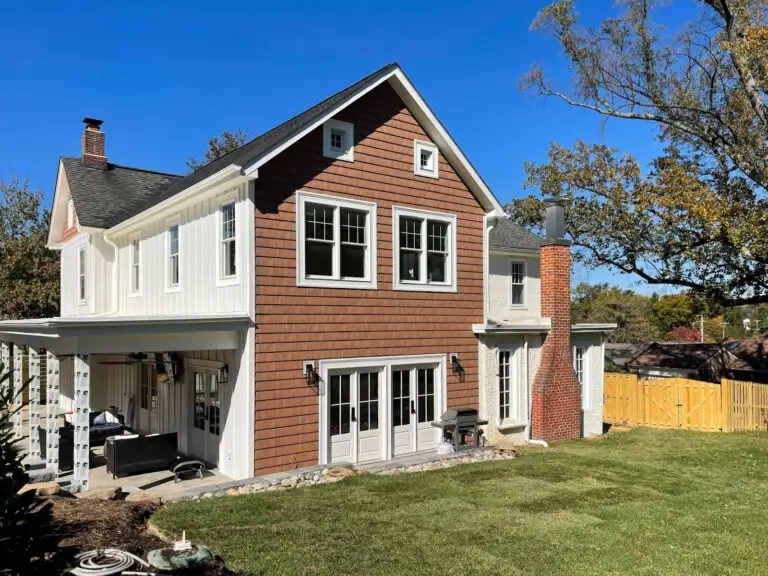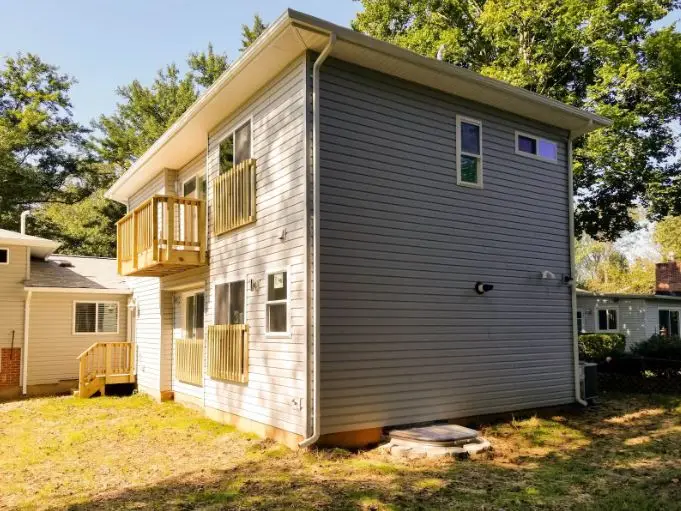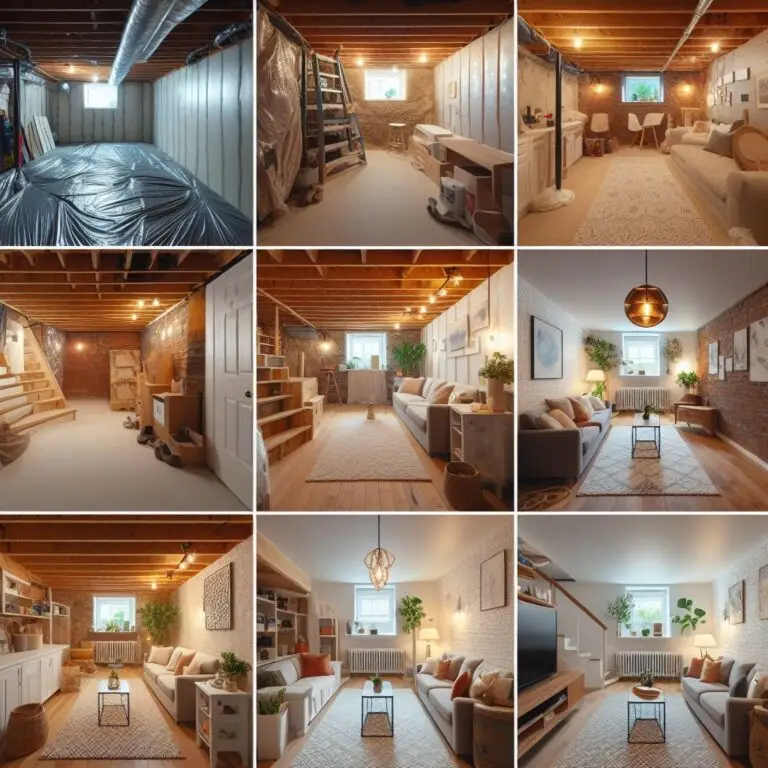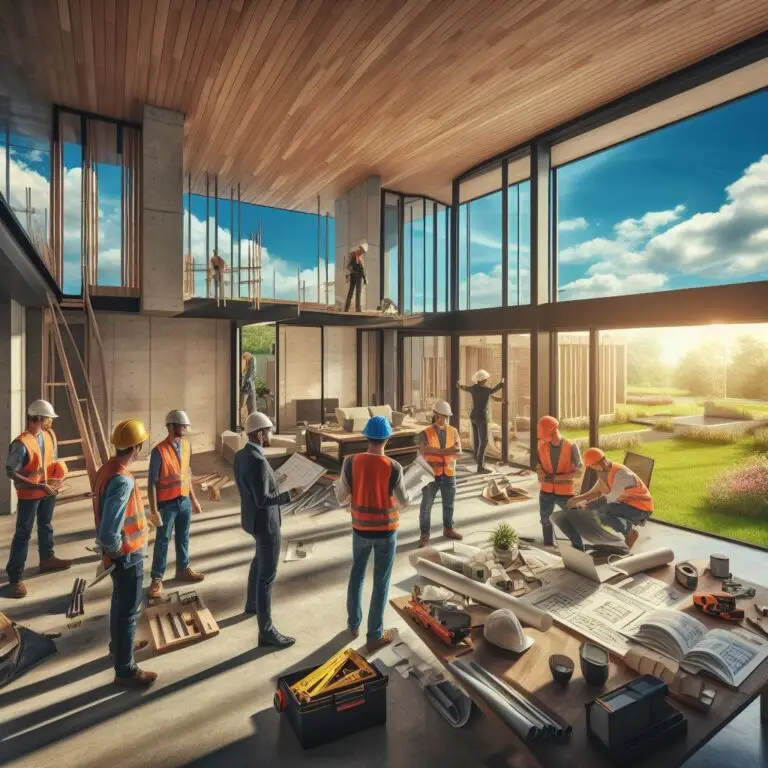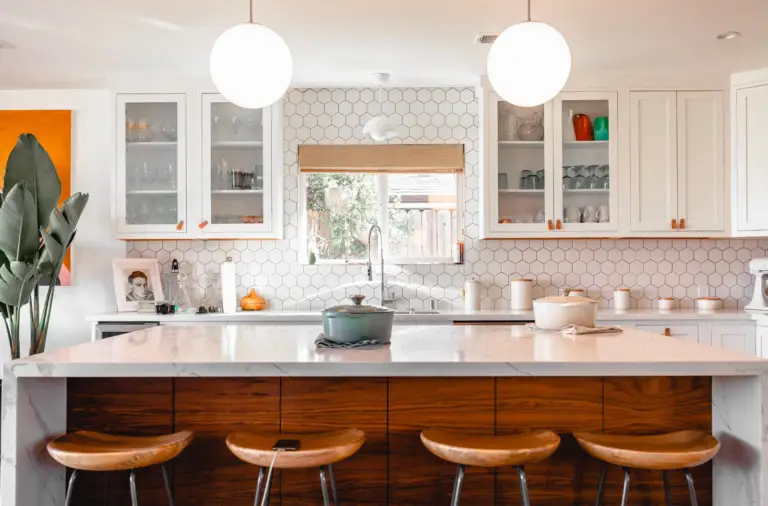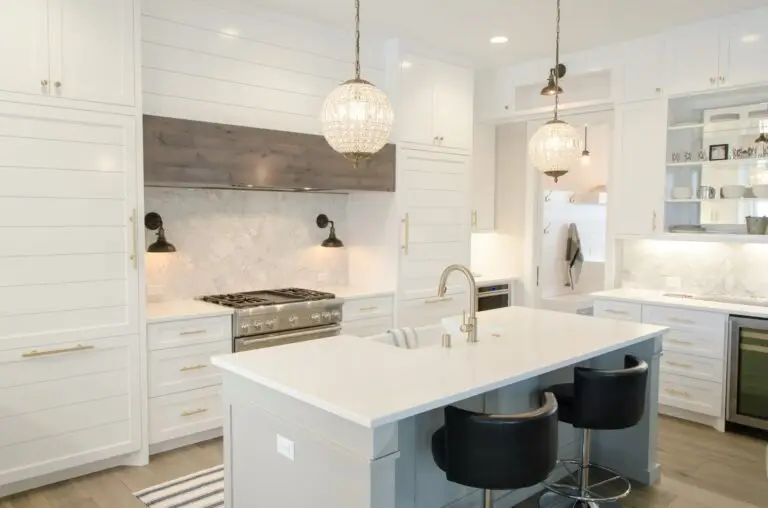Many homeowners in Annandale, VA, turn to custom home additions to improve their living space. These additions are built near or attached to the existing house. Custom home additions can help personalize homes, suit the family’s needs, and build a home office. These renovations can go from an expanded kitchen to an additional bathroom to a whole second story of your current house.
Having an addition to your home is a significant investment, especially if you have particular needs and preferences that you want in your house. It adds more space to your home, making everyday living easy. Let’s learn more about a custom home addition in Annandale, VA, and how it can transform your home.
Hang on to learn more about:
- The process of hiring a custom home addition contractor
- Setting a budget for the home addition project
- The advantages of home addition
Table of Contents
Types of Home Additions
Unlike a standard home addition that follows a basic template, a custom home addition is a meticulously planned and designed home extension that caters to the resident’s needs and preferences. This approach opens doors for practical and creative solutions to ensure the renovation project adheres to and integrates into the existing structure.
Consider these home addition projects for your existing home in Virginia:
- Room Additions: You can add another living room or an extra room for guests to your home.
- Bump-Outs: These small-scale expansions add space to an existing one by a few feet, such as bathrooms and kitchens.
- Sunrooms: These spaces are enclosed in glass and offer an airy, bright home extension. You can relax in this place with the natural light or make it a greenhouse for your plants.
- Garage Conversion: This project will transform your garage into a livable space, working area, or recreation room.
- Second-Story Additions: Increase your living area by adding a second floor that can be used as a storage area or additional bedrooms.
- Patios and Decks: These outdoor spaces are for relaxation or entertaining guests.
- In-Law Suites: These self-contained units are made for extended families. They’re complete with a kitchenette, bedroom, and bathroom. They’re either located a few meters from the main house within the same lot or attached to it.
Create a new layout to ensure you have enough space to move around. Choose the materials, lighting fixtures, and storage solutions that suit the aesthetics of the entire home. Incorporate energy-efficient appliances and smart technology to make the space look trendy.
Choosing the Right Contractor
A contractor helps you simplify the construction work processes. The contractor can actually make or break the project, so you must carefully decide who to hire. Your prospective contractor should have the following qualities:
- Expertise and Experience: They should have prior experience and understand how home addition projects go. A specialization with one or more types of additions is an advantage.
- Reviews: Your contractor should have good client reviews, which will help you learn about their work ethic and quality.
- Licensing and insurance: Ask your contractor if they’re licensed to do construction projects in the state. Find out if they have insurance to spare you from potential liabilities.
- Portfolio: Request samples of past work to check their style and craft.
- Clear Communication: A contractor should communicate with you clearly throughout the project.
- Problem-Solving Skills: Contractors should be able to solve problems when they arise during construction work and adapt to changes quickly.
- Project Management Skills: Contractors are experienced in scheduling work, managing subcontractors and laborers, and beating deadlines in the project.
- Quality of Work: They know the best materials to use and have a sharp eye for details.
Benefits of Custom Home Additions in Annandale
Increased Home Value
Well-designed home additions may entice potential home buyers to buy your house for a higher price if you sell it in the future. Buyers would want a well-maintained home to move in to get their money’s worth. It’s also an investment on your part.
Personalized Space
With a home addition, you can feel that the space is just the way you like it. You’re adding a personal touch to the home you’ve been living in for years.
Improved Functionality
Home additions are a convenient way to maximize your home’s current square footage. You can also provide additional square footage to accommodate your family’s needs.
Cost-Effective
Doing home additions will cost less than moving to a whole new house. You can still live in your home while new construction is ongoing, but you will need to adjust your living spaces depending on the area being worked on.
Keeping Community Ties
If you and your family have lived in Virginia for decades, custom home additions are an excellent option for staying in the state and preserving community ties. Maintaining long-established connections is beneficial, especially for your children.
Planning Your Custom Home Addition
Home addition is a long process. Here are our tips to plan and execute it well:
Define your goals.
Decide on the home addition project—a bathroom, dining room, kitchen, or any addition. Consider what your home really needs at the moment to give your project a solid direction.
Research ideas.
Now that you have a concept, look for designs that suit your home. Browse photos online, read magazines, and do house tours if possible. Somewhere along the way, you’ll come across a design from which you want to take inspiration.
Set a budget.
Home additions cost lots of money. Depending on the kind of project, you may spend from a handful of thousands of dollars up to hundreds. Before creating a budget, research the cost of materials, labor, permits, and inspections, among other things.
Here are a few tips for setting a realistic budget:
- Make a comprehensive budget plan based on your research.
- Get at least three of four quotes from construction companies.
- Include permit fees in the entire budget plan.
- Save for unexpected expenses in case of project delays.
- You can turn to other financing options, such as home equity loans, construction loans, government loans, and credit cards, to help you pay for the project.
Hire professionals.
Get an architect to help you design the room addition’s layout. Hire a structural engineer to learn if building the addition really works. Opt for a contractor with experience in home additions to ensure the project goes smoothly.
Obtain permits.
Get the permits from Annandale’s local office. Some permits may be complicated to obtain. An experienced contractor can help you with that since they understand Virginia’s building codes and regulations. Some may have connections with the people working in the local office, so it’s easier for them to obtain the required permits.
Make adjustments to your living routines.
Plan where to store some of your things while construction is ongoing. Install temporary barriers to prevent dust and debris from entering any part of the house.
Prepare the site for work.
Once the site where you want to add the new space has been demolished, clean it up so the workers can start their work.
Go about with the construction.
After finishing all the preparations, work with your contractor to create a schedule for the whole team. Once they start, let them go about their work. Tell the contractor to contact you regarding project updates and delays if there will be any.
Parting Words
Home addition is an exciting journey in a geographically diverse state like Virginia. You must choose a highly qualified contractor who’s ready to add a new space to your home. With a home addition, you can decide how to use the extra space within your property.
If you need a team to handle a custom home addition in Annandale, VA, look no further than Elite Contractors Services! Our team has your back when it comes to home additions. We will help you come up with the layout, work around your budget, and supervise the construction work. Contact us today!
